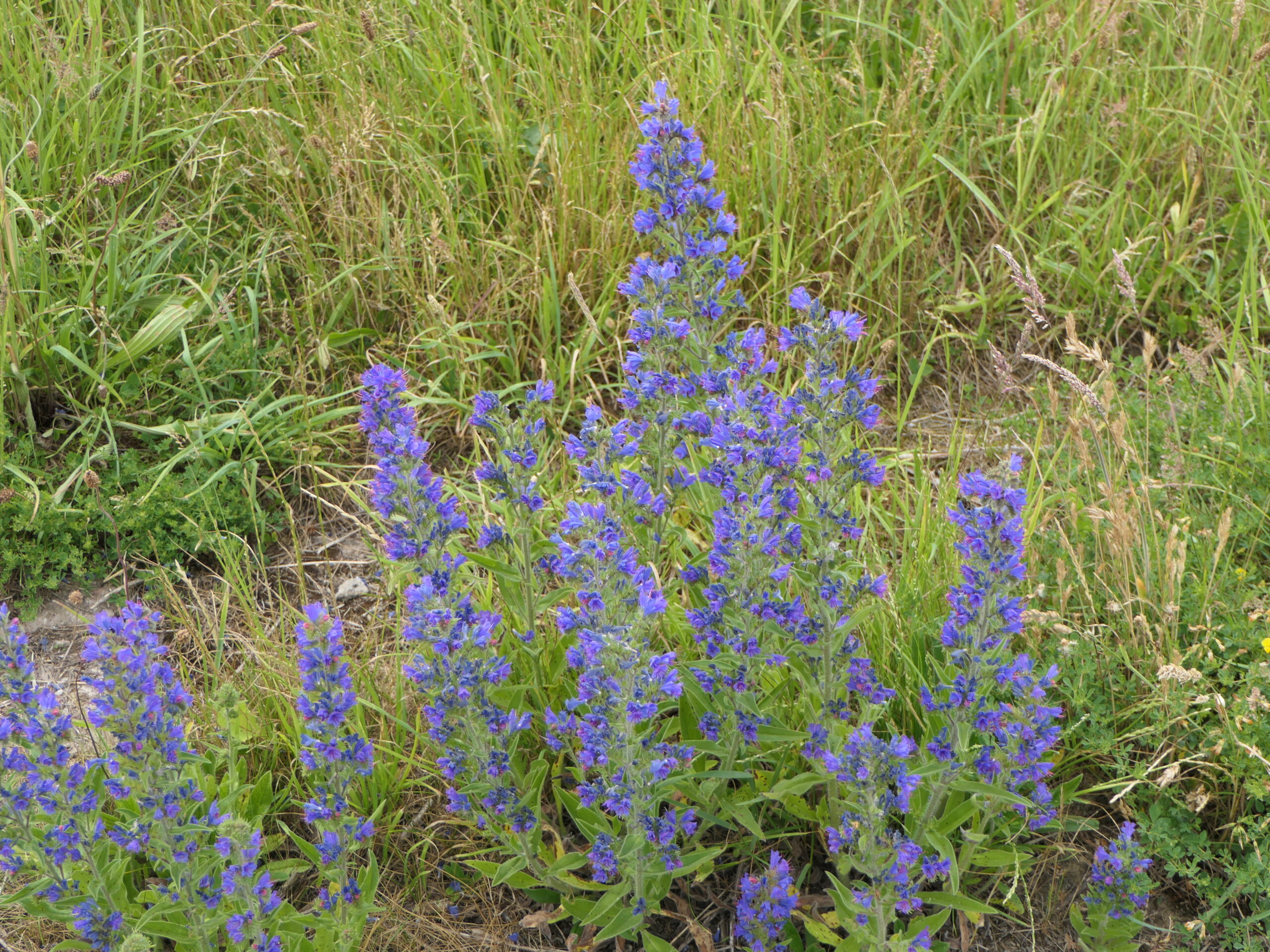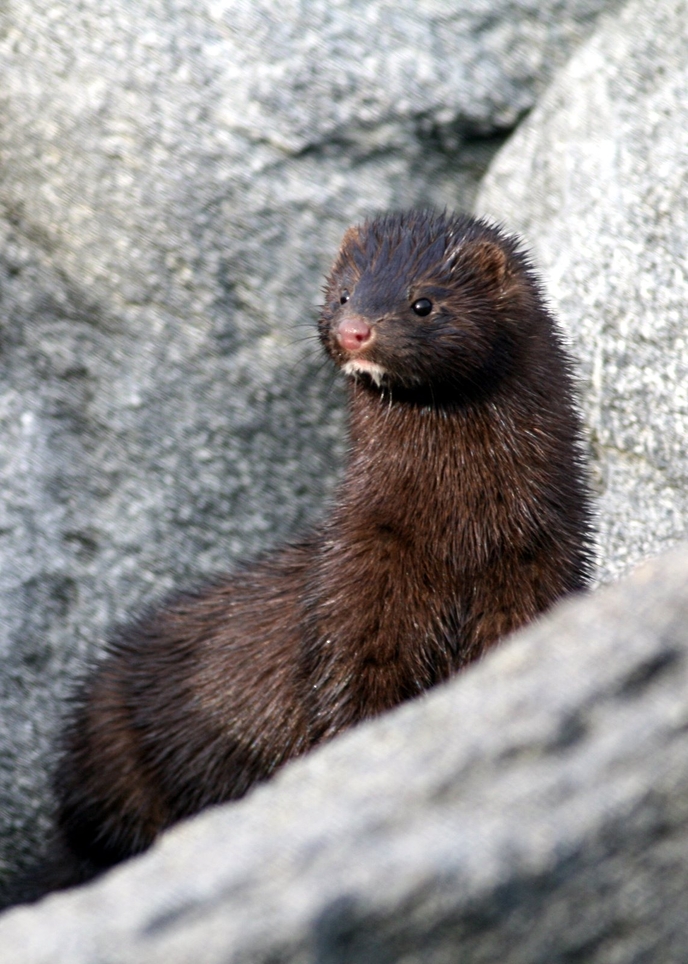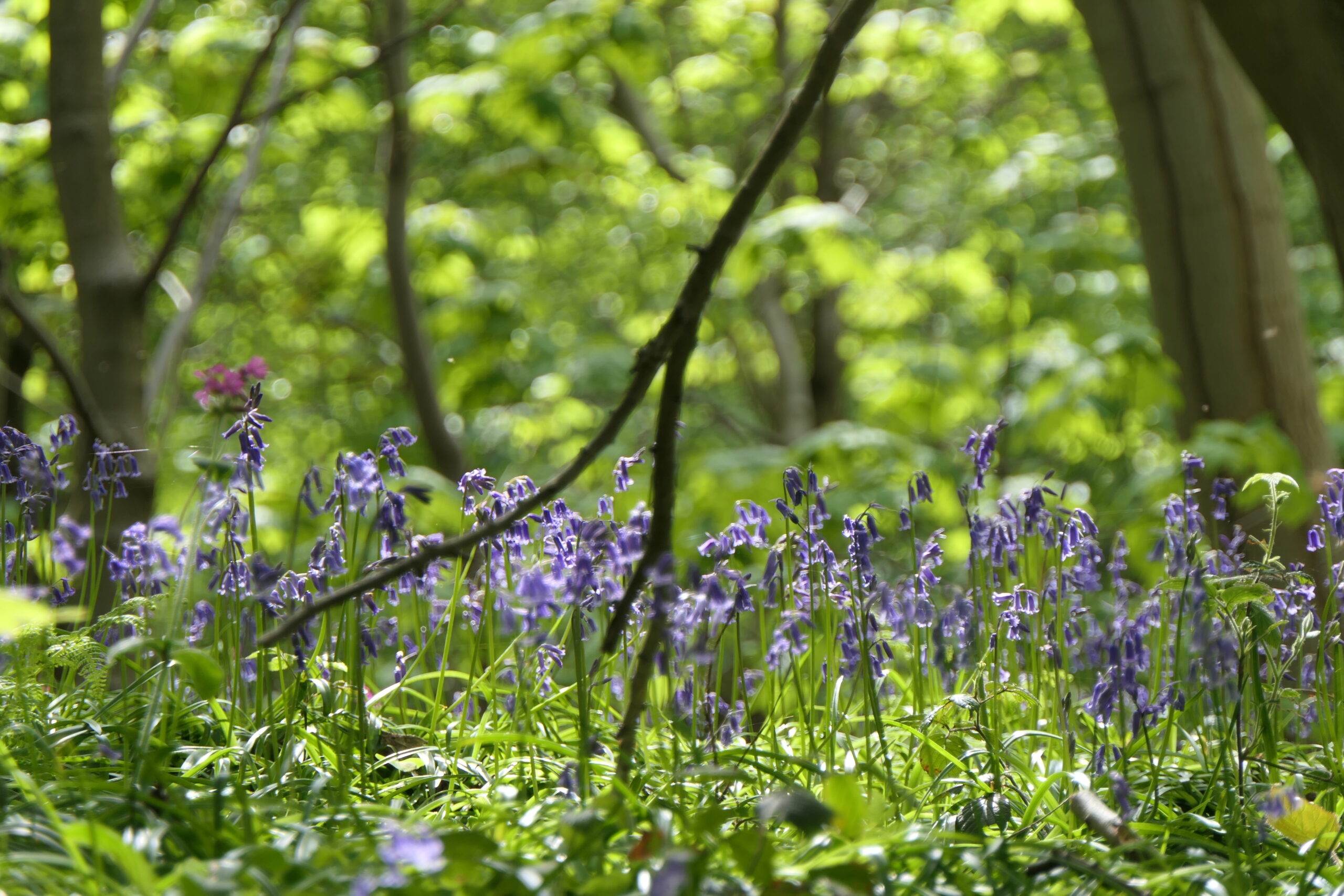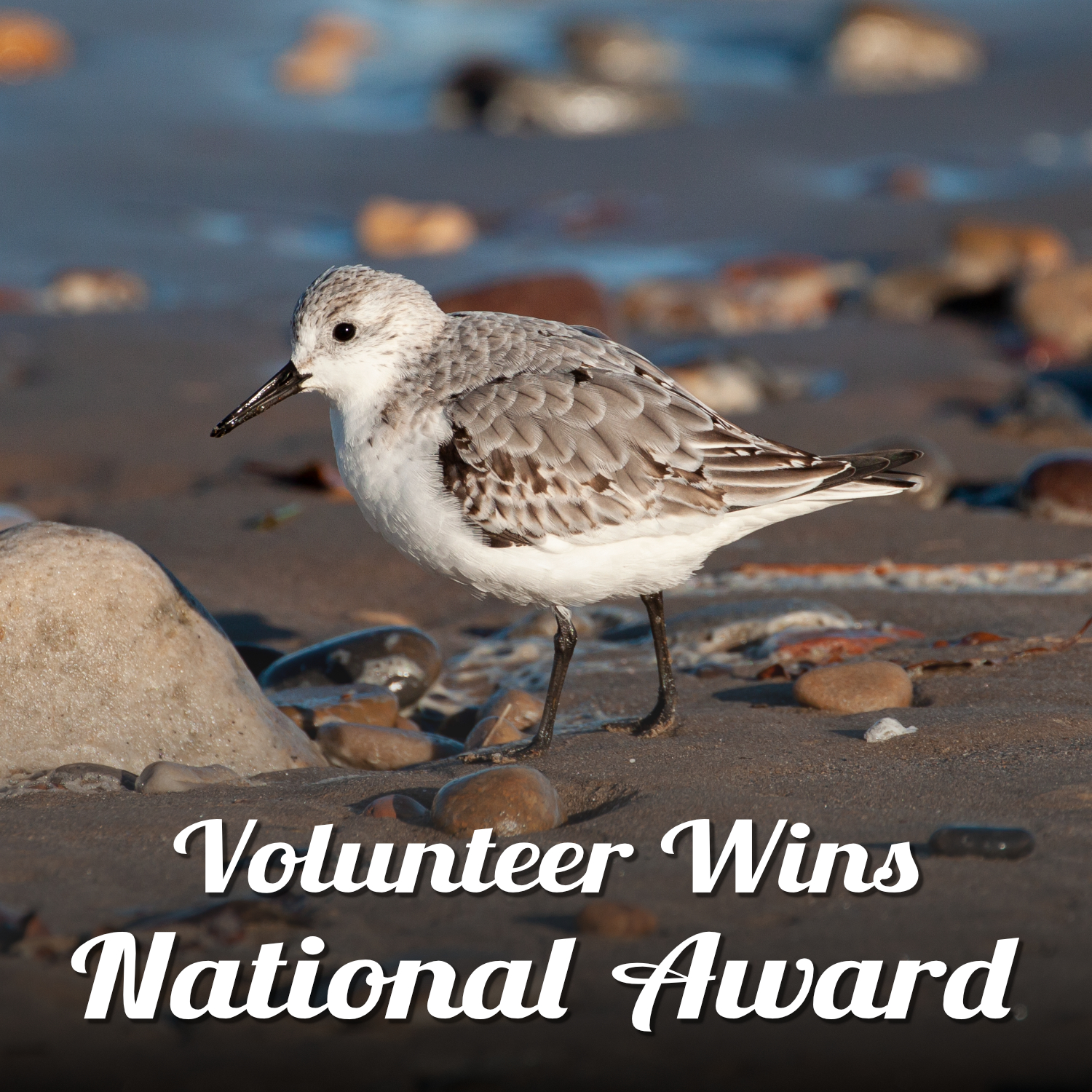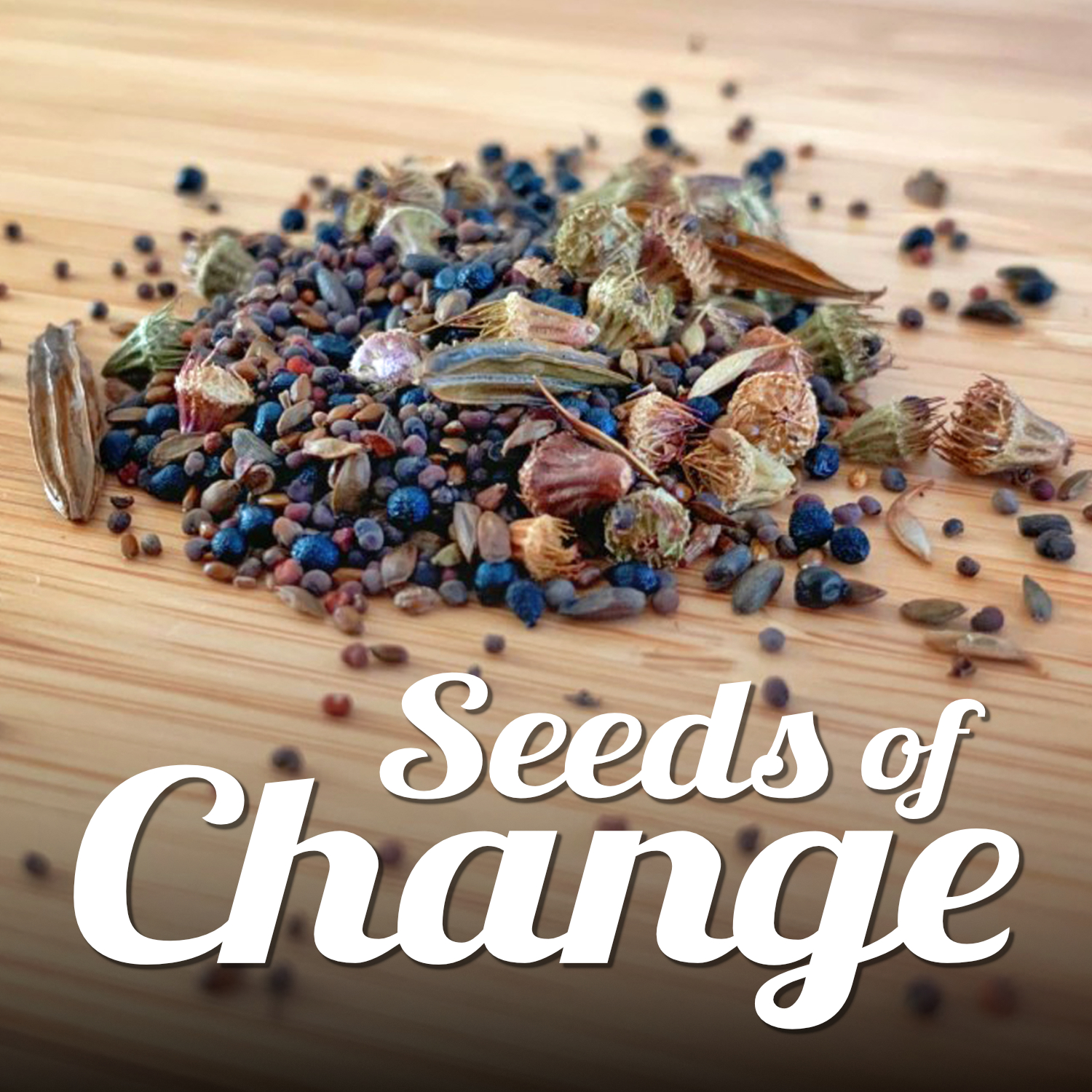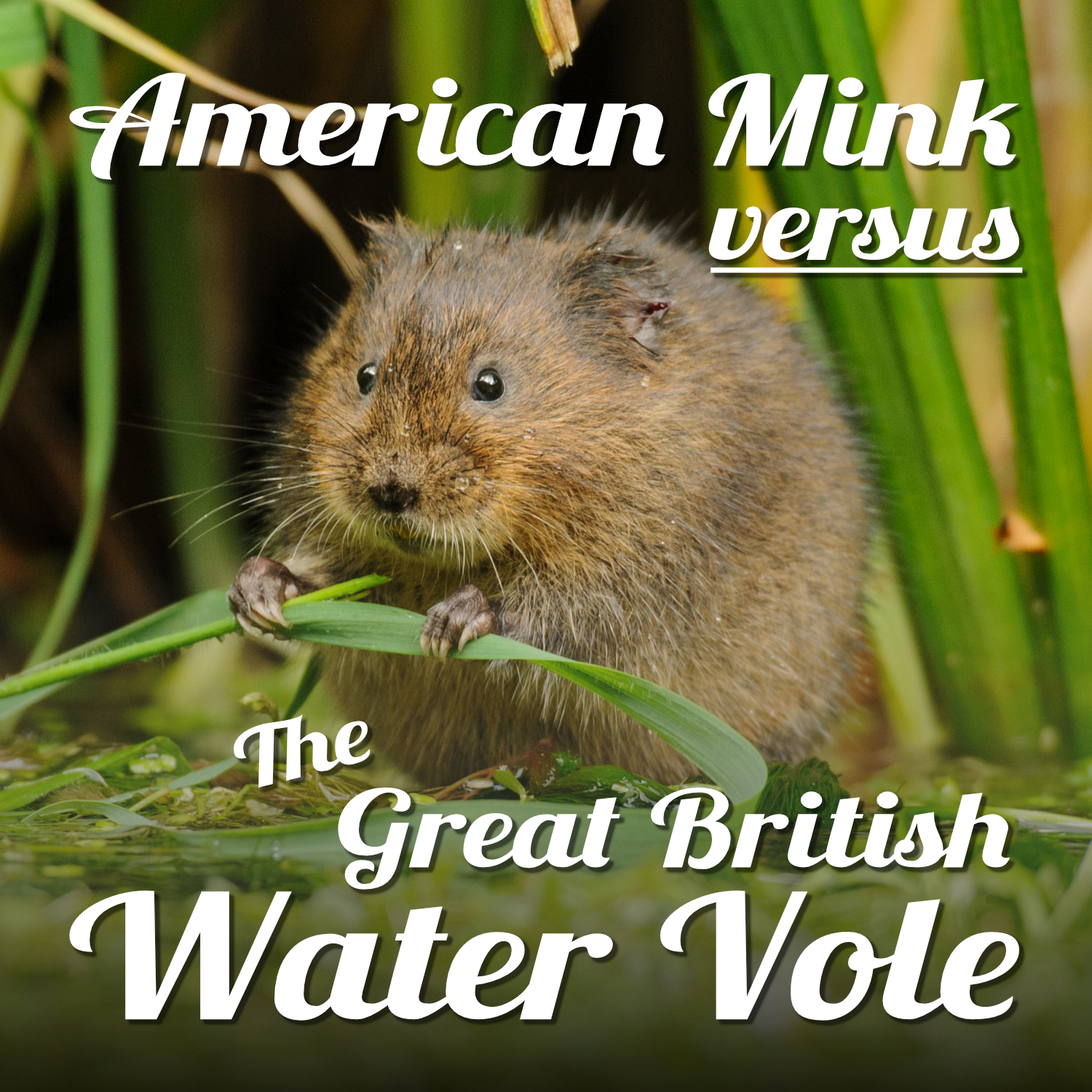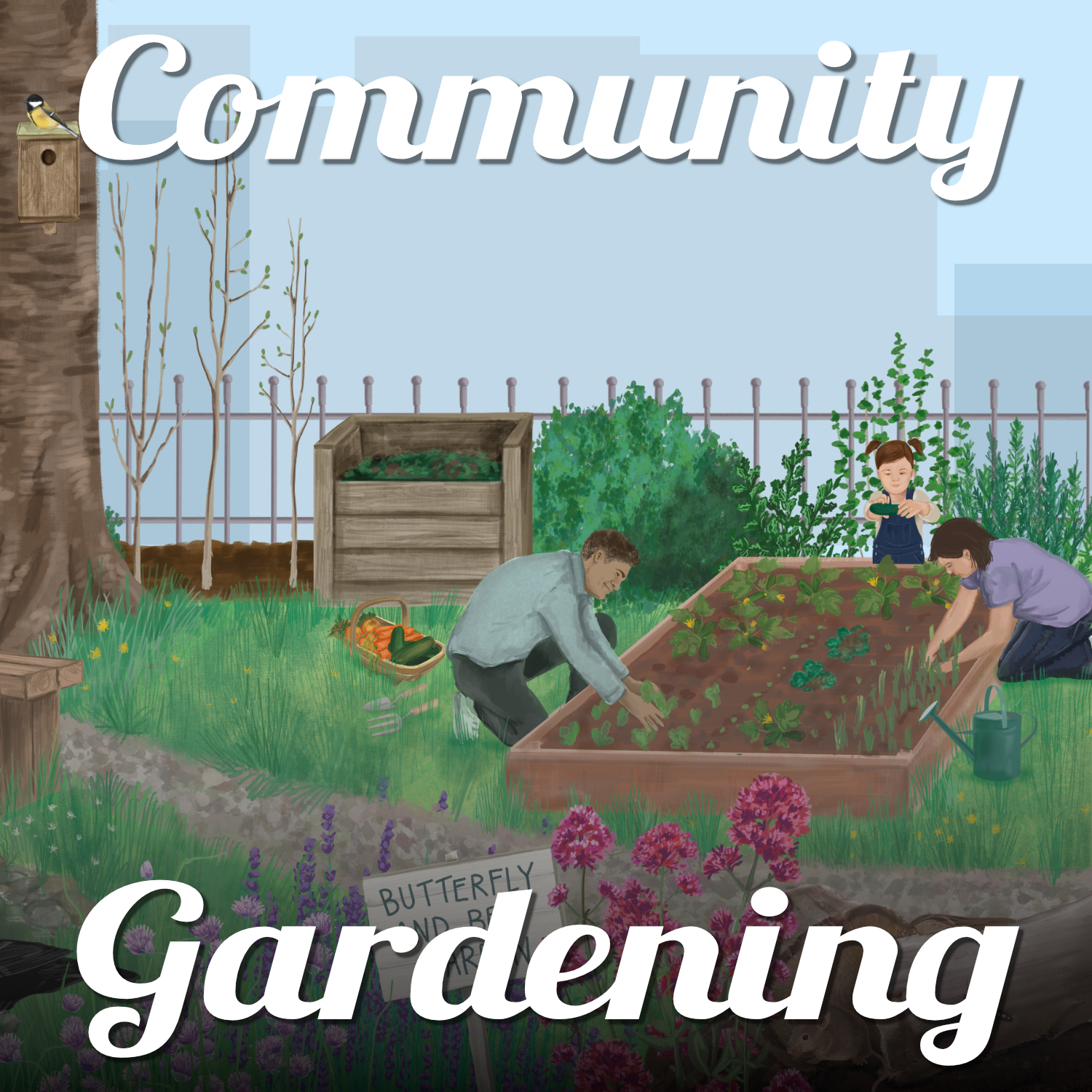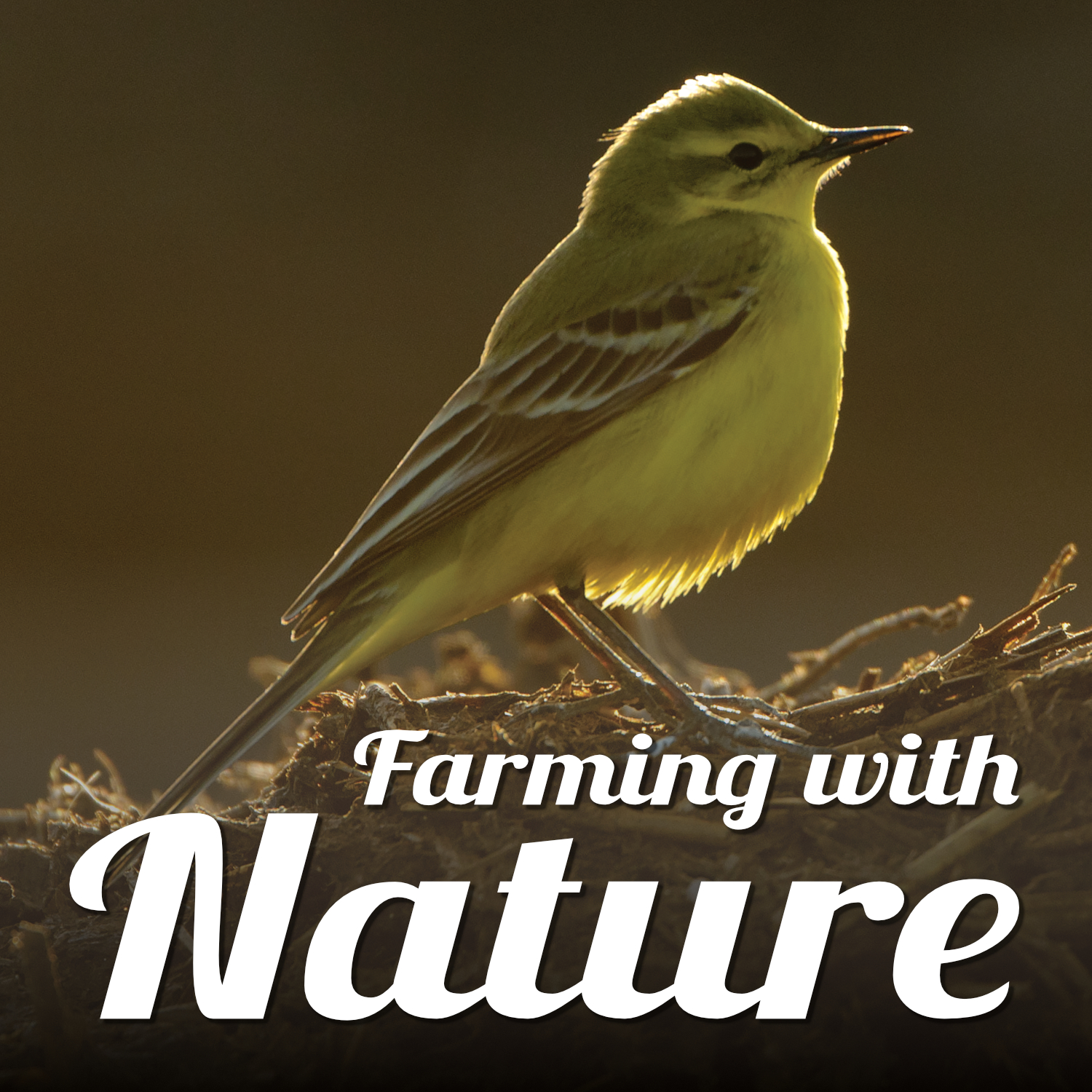COP stands for ‘Conference of the Parties’ and these are UN conferences on its different conventions. COP26 is where world leaders come together to talk about climate change and how to tackle it, as it’s the COP for the UN Framework Convention on Climate Change. This year marks the 26th COP summit – hence...
New report says planning reform must make access to nature legal and fair
First anniversary of Wildbelt in PM’s keynote speech – when will it happen? Today, The Wildlife Trusts publish a new report that, for the first time, calls for people’s access to nature to be set in law. Planning – a new way forward: how the planning system can help our health, nature and climate, comes...
Watch out… there’s mink about!
By Emily Marshall – Naturally Native Project Officer for NWT With autumn just around the corner, we are now entering the American mink dispersal season. American mink are an invasive non-native species which can decimate local water vole populations as well as being a problem for other animals like fish and ground nesting birds....
Things you can do about climate change
Make a difference We are in the middle of a climate and nature emergency, and the two are inextricably linked. Climate change is driving nature’s decline and the loss of wild spaces is leaving us ill-equipped to reduce carbon emissions and adapt to change. But, there are simple and easy things that we can all do...
Tees Valley Volunteer Wins National Award
Tees Valley volunteer, Ashleigh Carter, one of three national winners of the Marsh Young Volunteer Award for Marine Conservation. Jacky Watson, our Wilder Coast Officer, tells us a bit about why she won. Ashleigh was nominated because of her enthusiasm and personal commitment to coastal and marine species. A Marine Biology student, she joined...
UK News – available now in Wild Tees magazine
Get up-to-date UK news in every issue of Wild Tees Magazine. In the summer issue you can read short articles from our national magazine ‘Natural World’: ‘The trouble with wind’ – a look into the impacts of harnessing wind to fight climate change. ‘Flying start to 30 by 30’ – a short piece on...
Our Totally Terrific Trainees
Our totally terrific trainees, Olivia and Alex, have recently finished their 6 months with the Trust. They have taken some time out to tell Wild Tees Magazine about their experiences. For the past four years, the Trust has been working on a National Lottery funded project called One Planet Pioneers. During this time we...
New designs online now!
New designs are available. This advert for the Tees Valley Wildlife Trust Teemill shop was featured in the Summer edition of Wild Tees Magazine. We are adding new designs regularly, so check in to see if there’s anything you like. All sales contribute a small profit to Tees Valley Wildlife Trust so we can...
Seeds of Change
Seeds of Change is an article for Wild Tees Magazine. Ian Wilson (Wilder Middlesbrough Officer) tells us about his new role. Tree planting has taken a front seat in recent years, with political parties and local authorities aiming to increase tree cover and fight climate change. Trees are great at storing carbon, but they...
The Great British Water Vole
Our new Naturally Native project officer, Mark Slaughter, tells us about the significant threat American Mink poses to our Great British water vole. The fur industry brought American mink to the UK from North America in 1929. Some escaped from mink farms and others have been intentionally released. By 1956 they were breeding in...
Community Gardening and You
In an article from our national Wildlife Trust’s magazine, Natural World, Kate Bradbury talks about how we can make more space for wildlife through community gardening. Even if it’s just maintaining your local high street planters, there’s a lot of good reasons to get involved in community gardening. It can help bring communities together...
Farming with Nature
In an article from our national magazine, Ellie Brodie tells us about the huge potential benefit of sustainable farming, working with nature and for natural recovery. What if UK farmland was a thriving home for wildlife, whilst also supporting the needs of a growing population? Picture wild-flowering upland hay meadows and lowland verges buzzing...


